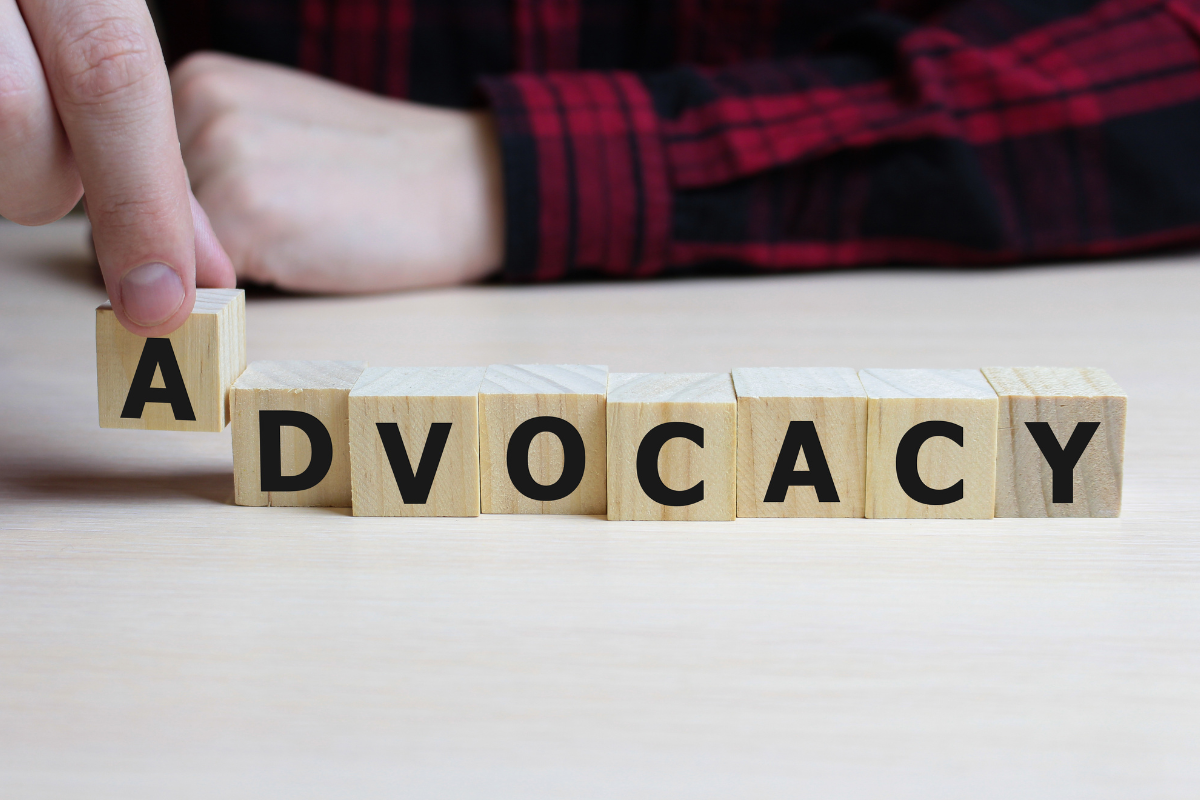A toolkit about advocacy, where you may need it and some tips along the way.
For those on the autism spectrum, advocating for yourself can be challenging. Perhaps you’re an Autistic adult, struggling to make your views, needs, and wishes truly heard. Maybe you are a parent, determined to advocate for your child. Or you have a friend or relative who, for a variety of reasons, can’t effectively communicate for themselves. Although some individuals may be naturally comfortable with advocating, remember that advocacy skills can be learned and practised. If needed, ask a close friend, family member, or an advocacy organization for support.
There are a wide variety of circumstances and locations where you might consider advocating, such as:
Within your own family, whether immediate or extended relatives
Throughout your local community and in groups you participate in
At your child’s school or at a post-secondary institution you attend
Where you work, with your employers and co-workers
Acquiring program funding for yourself or a family member
Participating in the bigger picture for changes in the system or government
General Advocacy Tips for Families or Individuals

- Keep a journal. This can include appointments with doctors, specialists, educators, employment coaches, funding programs, or service providers. Specify times, dates, what was discussed and/or decided, and next steps.
- Showing emotion is okay. Sometimes we get overwhelmed, however, getting angry or making meeting attendees feel verbally attacked is counterproductive to your goals. Stay focused on what you are trying to achieve, and clearly communicate your needs. Speak assertively, not aggressively.
- If you’ve exhausted your knowledge and strategies, consider finding help from someone with more experience or expertise, who has an outside perspective. This could be someone informal, like a fellow parent or an Autistic individual you know who has had success advocating with the organization you are dealing with. Or it could be more professional, such as a paid coach or navigator who was referred to you. It could be an advocacy organization (see our list of Disability Advocacy Organizations at the end).
Big-Picture Advocacy

Are you interested in affecting change in systems and policies regarding autism, or disabilities in general? It may not be as hard to participate as you think. Government bodies and other organizations are often looking for input on what’s needed, and feedback regarding current policies or programs. You can write a letter to your local MLA, or to the Alberta Minister of Seniors, Community and Social Services.
You may see or hear the following types of opportunities being advertised in the news or on social media:
- Apply to serve on a public board or agency that interests you
- Take part in rallies
- Attend town hall meetings (in-person and virtual)
- Join letter-writing campaigns
The Government of Alberta has some tips on how to get involved (public engagement).


